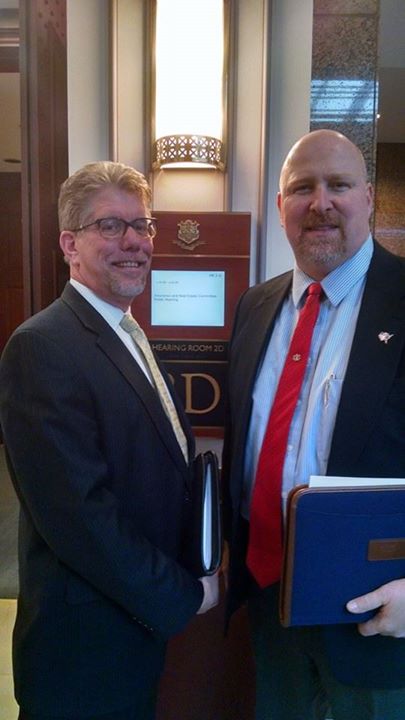
- You can be released on your own recognizance. This is likely to happen if the crime you’re accused of isn’t serious and the court feels you are responsible enough to show up for all proceedings.
- You can pay bail to the court in cash. The court will hold the payment until your case is adjudicated. You’ll get it back when the case is closed provided you made all the proceedings.
- If the bail amount is too high for you to pay, you may have to sit in jail until your trial is over. Or you can hire a bail bond agency to post a bond on your behalf.
What is a Bail Bond
A bail bond is similar to an insurance policy. When you purchase a bail bond, the bail bond agency is accepting the risk of you not attending your court proceedings. The bail bond agency charges a premium over the bail amount. The amount of the premium is regulated by state law. The bond company keeps the premium. In Connecticut bail is set by the police, bail staff or judge using criteria set down by law. Connecticut uses a tiered fee system. If the bond is set below $5000.00 the fee is 10% of the bond. If you’re being held on a $1,000 bond you would pay the bail bond agency $100, or 10% of the bail in most cases. Any bond of $5000.00 or more will have a bond fee charged at 7%. If you are being held on a $10,000 bond the fee will be $700. Bail bonds agencies keep the fee if you make all your proceedings.
Many people accused of serious crimes don’thave the money to pay the fee to the bail agent. In this case, bail agents will typically work out a payment plan with the accused. The accused can be asked to put up collateral for the loan. Specific loan requirements vary from agency to agency. Each bond agency operates differently but typically they accept the following as collateral:
- Real estate
- Stocks or bonds
- Jewelry
- Valuable collections such as coins
- Other high value property
What information do they need?
A bondsman will need the following information when you request their service:
- Full name and booking number of the person in jail
- Location of the person in custody – Including city, state, and the name of the jail
- Total cost of the bail – If you are not sure on the price of the bail, they will ask the jail and give a fee to post the bond.
Bail Bondsmen are fully regulated by government
Commercial bail is legal in most US states, but not all. New Jersey, Oregon, Kentucky, Wisconsin and Illinois do not have commercial bond agencies. In the states that allow commercial bonds, agents must be licensed to practice and pass certain educational requirements to become a bail bondsman. In Connecticut, the bail bond industry is regulated by the Insurance Commissioner.
About 3-D Bail Bonds of Connecticut
Agents from 3-D Bail Bonds are always available 24 hours a day, 7 days per week. They are proud on serving customers within minutes of calling.
3-D Bail Bonds actively engage in the local communities they operate in, including Hartford and New Britain.
They are involved with many youth projects including sponsoring local softball little leagues. Over the years, they continue to contribute to municipal organizations with sponsorships and volunteering their time.
Their agents are located along the shoreline of Connecticut from New London to Fairfield Counties, within the Hartford region and agents covering Litchfield and Windham Counties. You should never have to wait for a local bail bond agent to get your loved one out. Contact one of their prompt and courteous 3-D Bail Bondsmen today.

